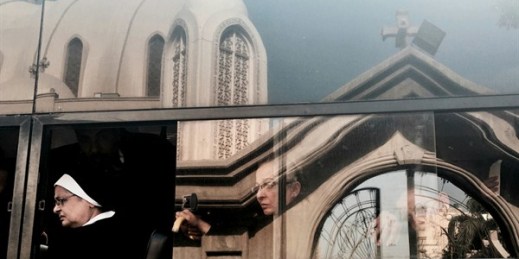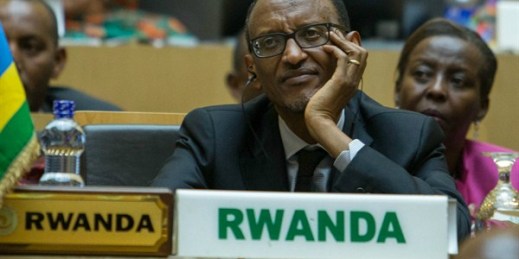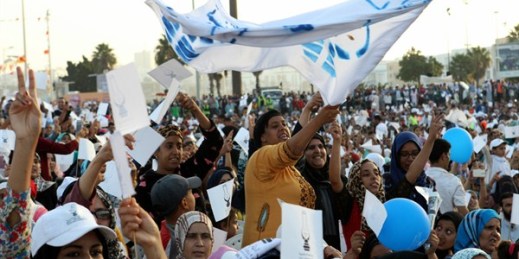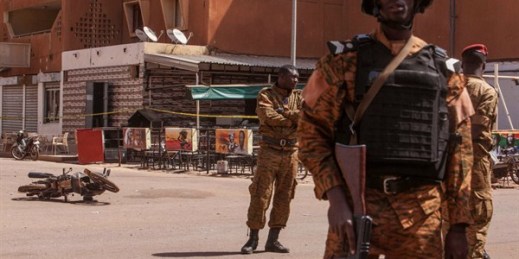
A bomb ripped through a church in central Cairo last week, killing at least 26 people in the most brutal and brazen attack on Egypt’s Coptic Christian community in years. The self-declared Islamic State, which has been waging an insurgency against the government in the Sinai Peninsula since 2014, claimed responsibility for the suicide bombing of St. Mark’s Coptic Orthodox Cathedral, the seat of the Egyptian Orthodox Church. It vowed to escalate what it called a “war on polytheism,” a sign that it seeks to stoke more sectarian violence in Egypt and target the country’s beleaguered Coptic minority. The attack […]



